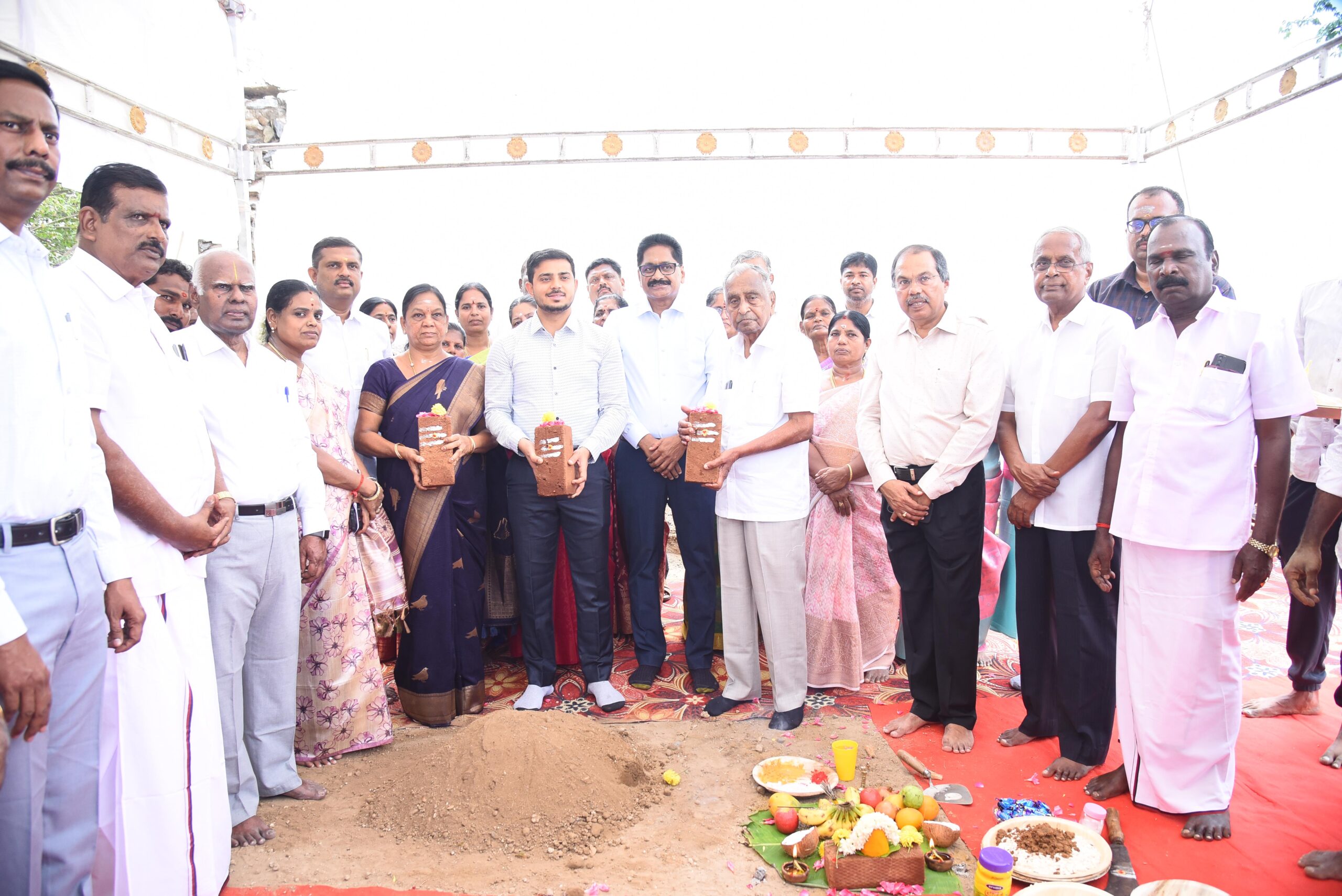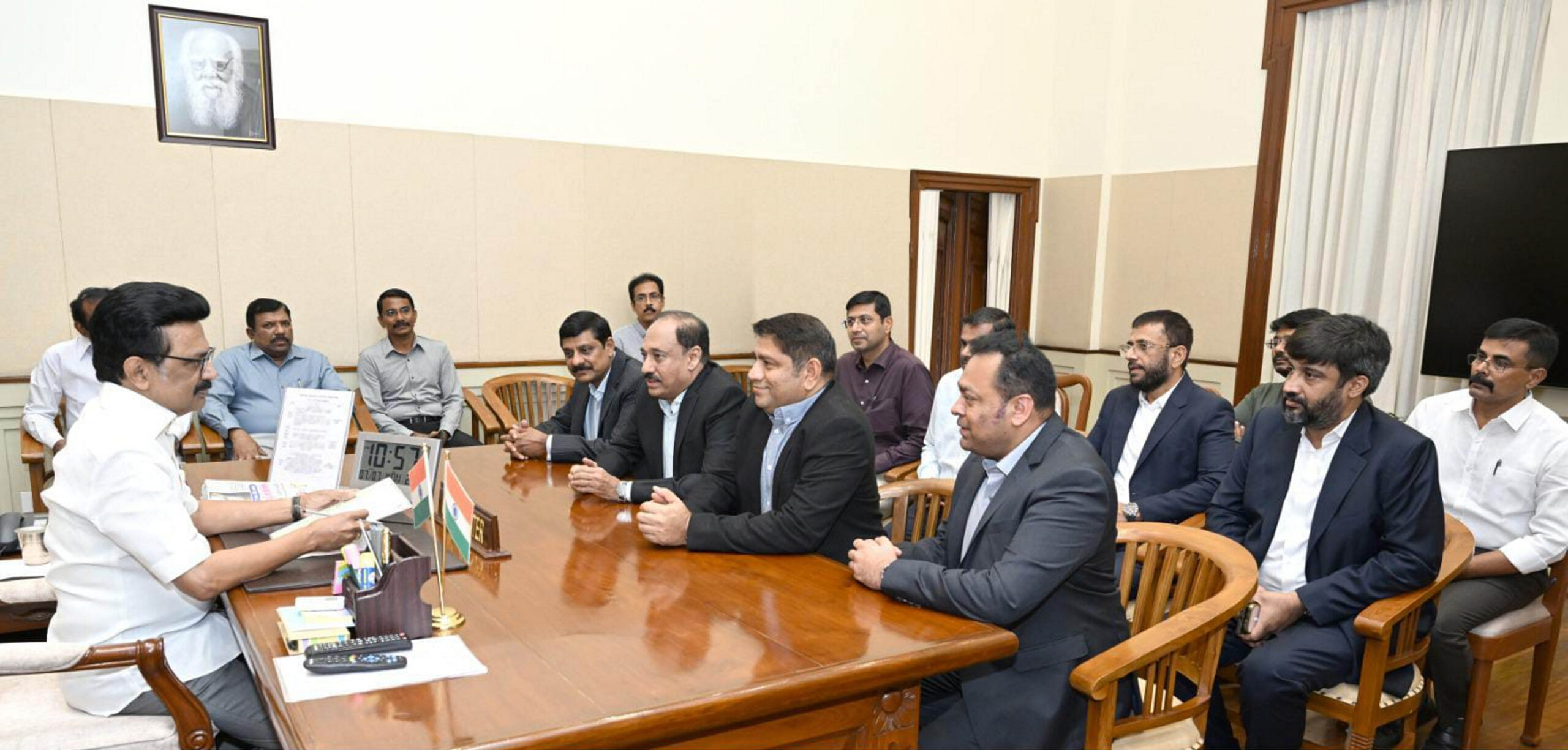Trending Now
- “I will soon make an announcement regarding a statewide tour across Tamil Nadu.” – O. Panneerselvam.
- Vatsala, Asia’s oldest elephant, has passed away at Panna Tiger Reserve; social activists mourn the death of this elephant, which lived for over 100 years.
- “The U.S. Govt earned ₹8 lakh crore this year through increased tariffs on foreign goods.” – U.S President Donald Trump.
- World No.1 Aryna Sabalenka has advanced to the semifinals in the Women’s Singles category at Wimbledon Tennis.
Coimbatore
100% reservation for locals in IT sector in Karnataka. Narrow parochial politics again?
![]() October 7, 2017
October 7, 2017
Bengaluru: My close friend who studied her masters in UK was very keen to settle there. But she had to return to India because of visa issues. Before BREXIT , the rules were such that it was difficult to secure a job–because the first contenders for it were British and Europeans only. Since it wasn’t open to all on the basis of merit, she couldn’t find a suitable one before her visa expiry. But she justifies it as a 2nd grade treatment for it isn’t her country. But if we have to go through similar situations in our very own country it is sad. Why should there be reservations of any kind within the boundary. Why are we not free to locate and find jobs anywhere we like to? The politicians are playing dirty politics, making it difficult for everybody. The talks of reservation in private sector has surfaced again with a panel headed by SG Siddaramaiah, the chairman of the Kannada Development Authority asking for 100% reservation for locals.
“This is vote bank politics. CM Siddaramaiah is trying to appease the local population through such a move. Can you imagine what would happen if all the states start to apply this? The free movement of people within a geographical boundary would become difficult. They are trying to divide people on narrow parochial grounds, and ofcourse we aren’t able to see the design behind it. Not only that, this move will hit the companies in the state,” says Sayantan Das an IT consultant in the city who has relocated from Chennai.
Though the earlier proposal sent by the state labour minister didn’t propose inclusion of the IT and BT sectors under the ambit of reservations this one does. As recent as on Wednesday the five member panel submitted the 30 year old report that has been reworked, which suggests 100% reservation in blue collar jobs in the private sector for Kannadigas, who were either born in the state or have lived here for 15 years. The report also mentions 80% reservation for locals in clerical jobs, and 65% reservation in high-skilled or category ‘A’ jobs. With complete support from the CM who assured to bring a legislation based on the recommendations of the panel. He was quoted saying, “The need for the new report arose because 30 years ago, the IT-BT sector did not exist. These companies enjoy utilities provided by the government at subsidised rates and it’s time they gave back to the state that has helped them earn world-wide recognition.”
He justified the move by saying that the campuses where these firms have set up were built on agricultural land. “They should have given employment to those who gave up their land, but that never happened.” Siddaramaiah said the companies should realise that they received many facilities here and also enjoyed the pleasant weather in the state. “The Data by the Department of Economics and Statistics reveal that the sector formed 18-19% of the state’s gross domestic product between 2013-14 and 2015-16. Though many locals have welcomes it, but what remains to be seen is its feasibility” says Sudeshna Saha HR in a IT firm in the city. CS Dwarkanath, former chairman of the state’s Backward Classes Commission and an advocate expressed reservation. “Even Though in all probability, the law would be struck down if it does become a law I think the locals will benefit out of this. After All, they are sharing the resource, to get some benefit out of it,” says Begum Ruksana.























